Trump’s Potential VP Is Banned From Half of the Tribal Lands in Her Own Home State
South Dakota is home to the Cheyenne River, Oglala, and Rosebud tribes. Should he become President for a second time, it is also home to Donald Trump’s potential Vice President, Kristi Noem.
However, after she made some unfavorable comments towards these Native American tribes, they decided to ban Noem from their lands, meaning she is now banned from more than half of the tribal lands where she lives.
Six Tribes Have Banned Kristi Noem From Their Land
Since the beginning of 2024, Noem has been banned from six different Sioux tribes after the comments she has made about them, meaning she is now banned from more than half the tribal lands in South Dakota.
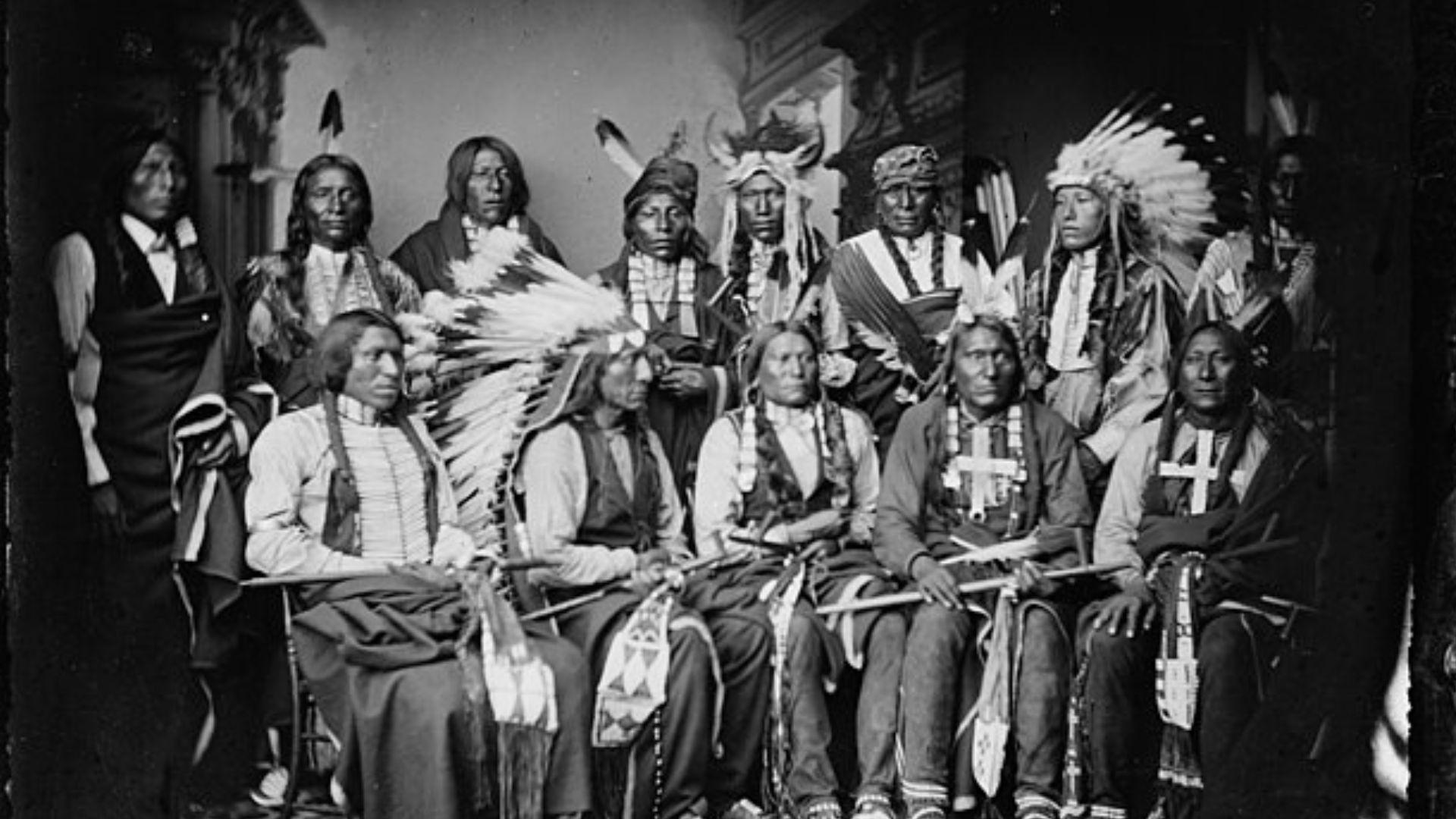
Source: Unknown Author/Wikimedia Commons
The Yankton Sioux Tribe has become the sixth Sioux tribe to ban Noem from their land, with other tribes who have previously banned her, including the Cheyenne River, Oglala, and Rosebud.
The Sisseton Tribal Chairman Speaks Out
As the fifth tribe to ban America’s potential new Vice President, the Sisseton tribal chairman, J. Garrett Renville, spoke out about his tribe’s decision to ban Noem.
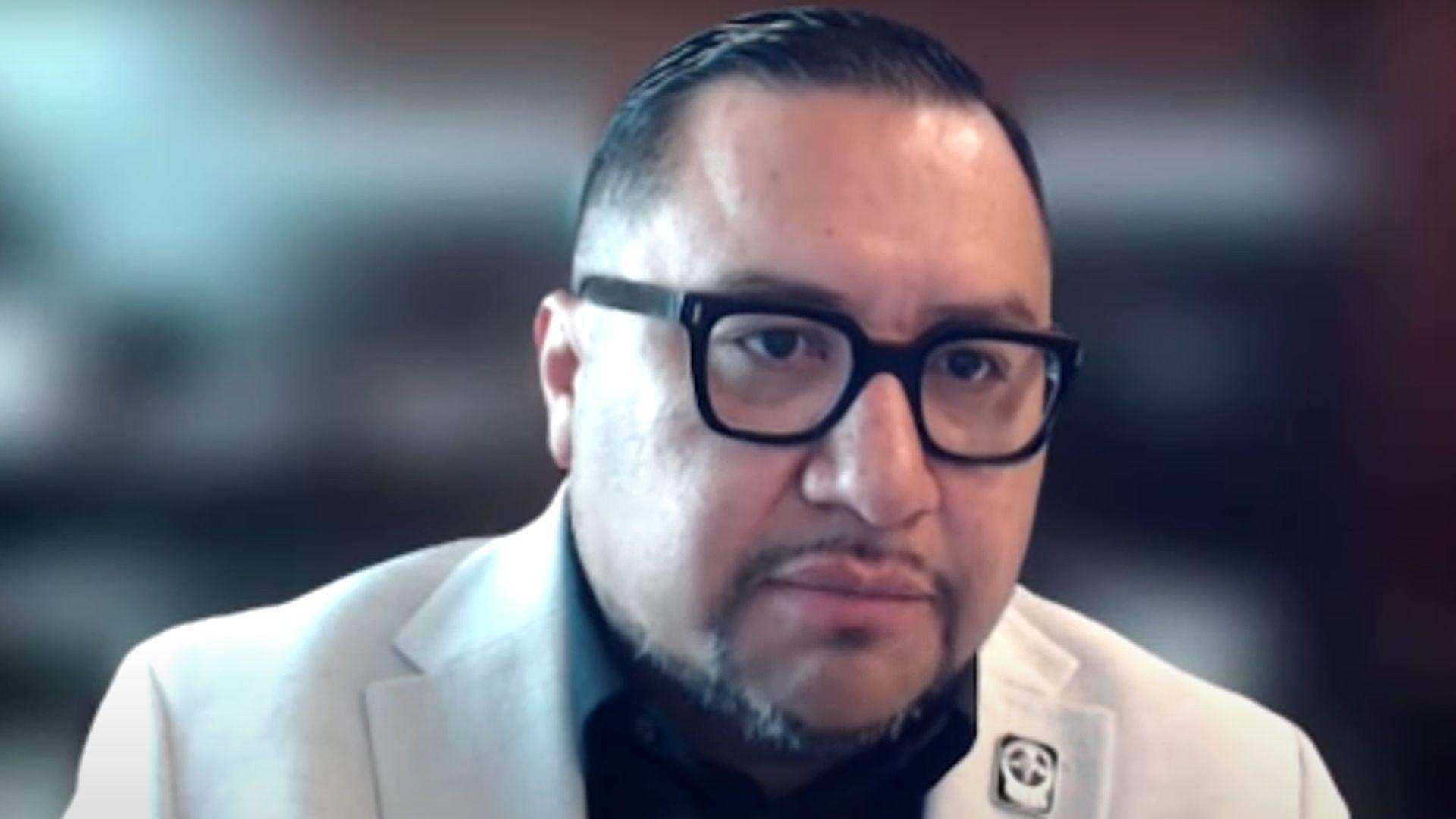
Source: KELOLAND News/YouTube
The decision was made by the voice of the people. Even though the tribe remains open to discussing with Noem in the future, they don’t intend on that happening unless she makes the necessary steps to reach out and communicate with the tribe.
Kristi Noem Is Banned From 90% of South Dakota’s Tribal Land
Due to the sheer number of lands occupied by just six of the nine Sioux tribes, this means that Noem is banned from a total of 90% of the tribal land in South Dakota.
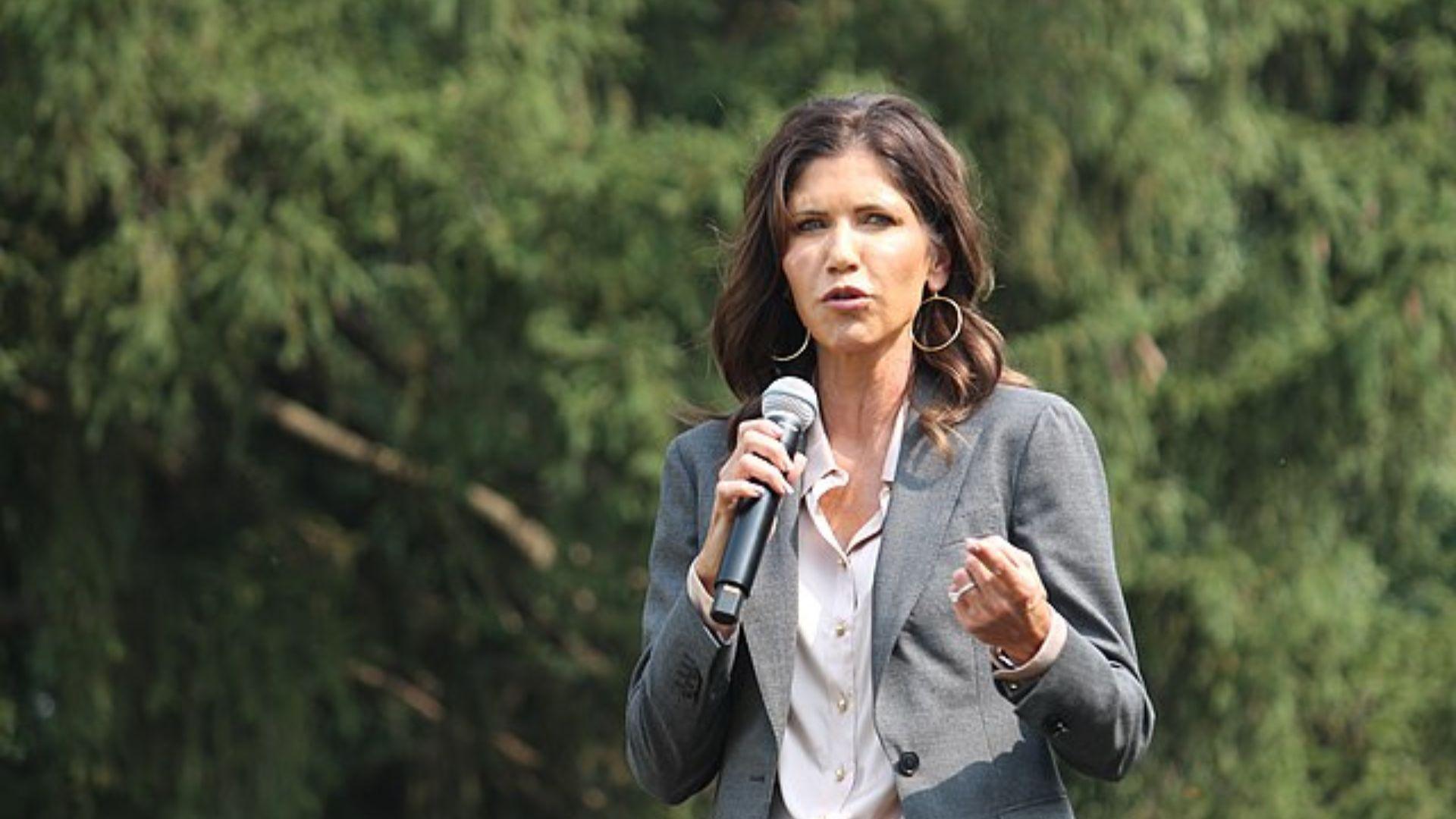
Source: Matt Johnson/Wikimedia Commons
In the grand scheme of things, this means that she is also banned from around 16% of the total landmass in South Dakota, which is Noem’s home state.
Kristi Noem’s Controversial Comments
This banning didn’t come out of nowhere, as Noem has made some pretty controversial comments about the Sioux tribes’ way of life. She’s called them absentee parents and claimed that the tribes are conspiring with drug cartels.

Source: Gage Skidmore/Wikimedia Commons
Noem also said that the children in these tribes don’t have any hope because their parents don’t show up to help them. She claims the tribe’s council/president cares more about political agendas than improving their tribes’ way of life.
Lack of Education in Native Americans
These comments were made when Noem was signing education bills. With education being the main focus of the agenda that day, she decided to share what she thought of the state of the education in Native Americans.
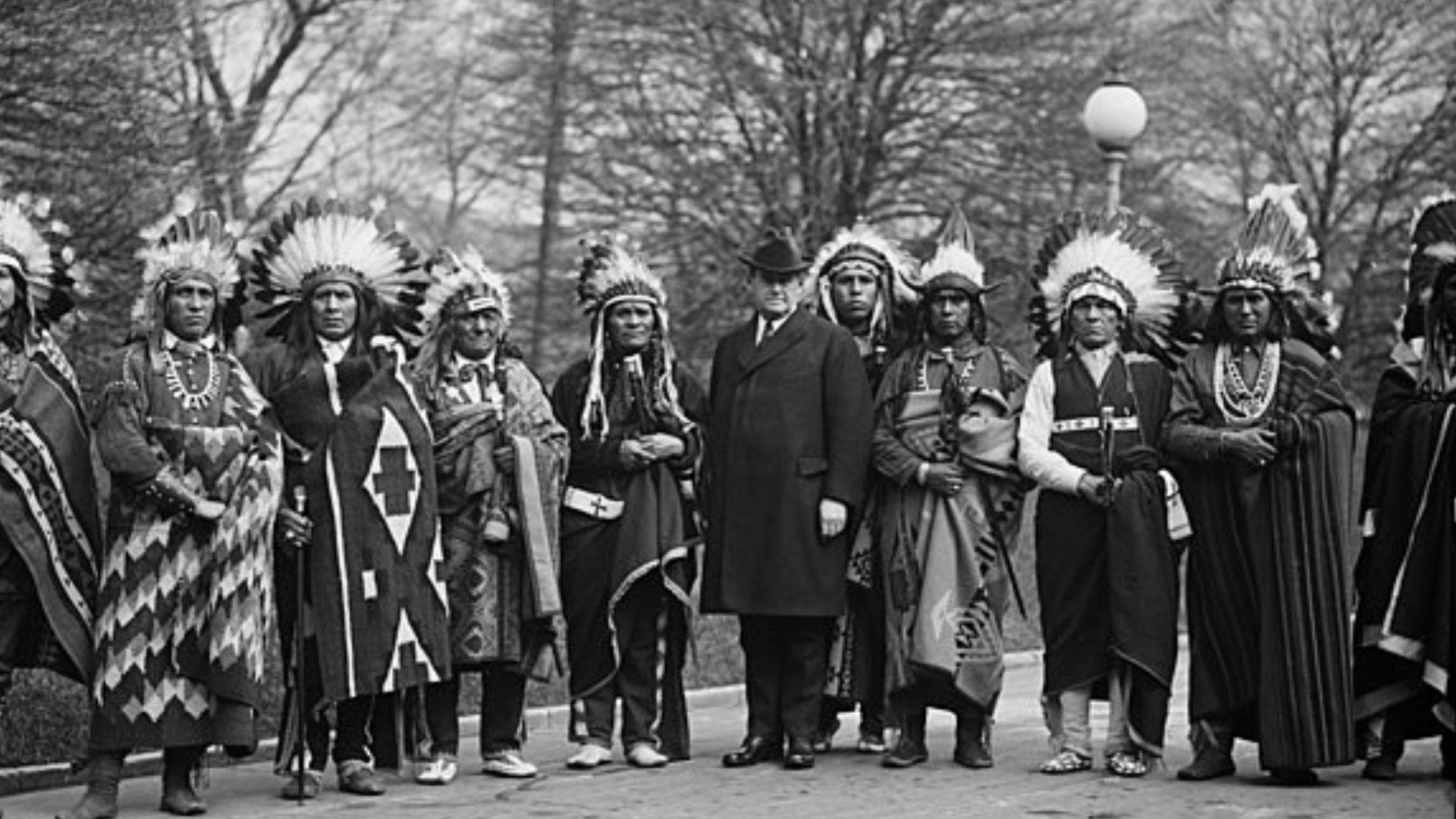
Source: Harris & Ewing/Wikimedia Commons
In the 2022-23 school year, just 48% of Native American students graduated on time, 68% had graduated by the age of 21, 57% had a school attendance of 90% or higher, and only 16% were ready for the coursework and assessments mandatory in school.
The Ghost Dancers
Concerning the links to drug cartels Noem claims the Native Americans have, she made further reference to the gang they are involved with called “Ghost Dancers.” This name comes from a Native American religious ceremony and is something that went on to be banned.
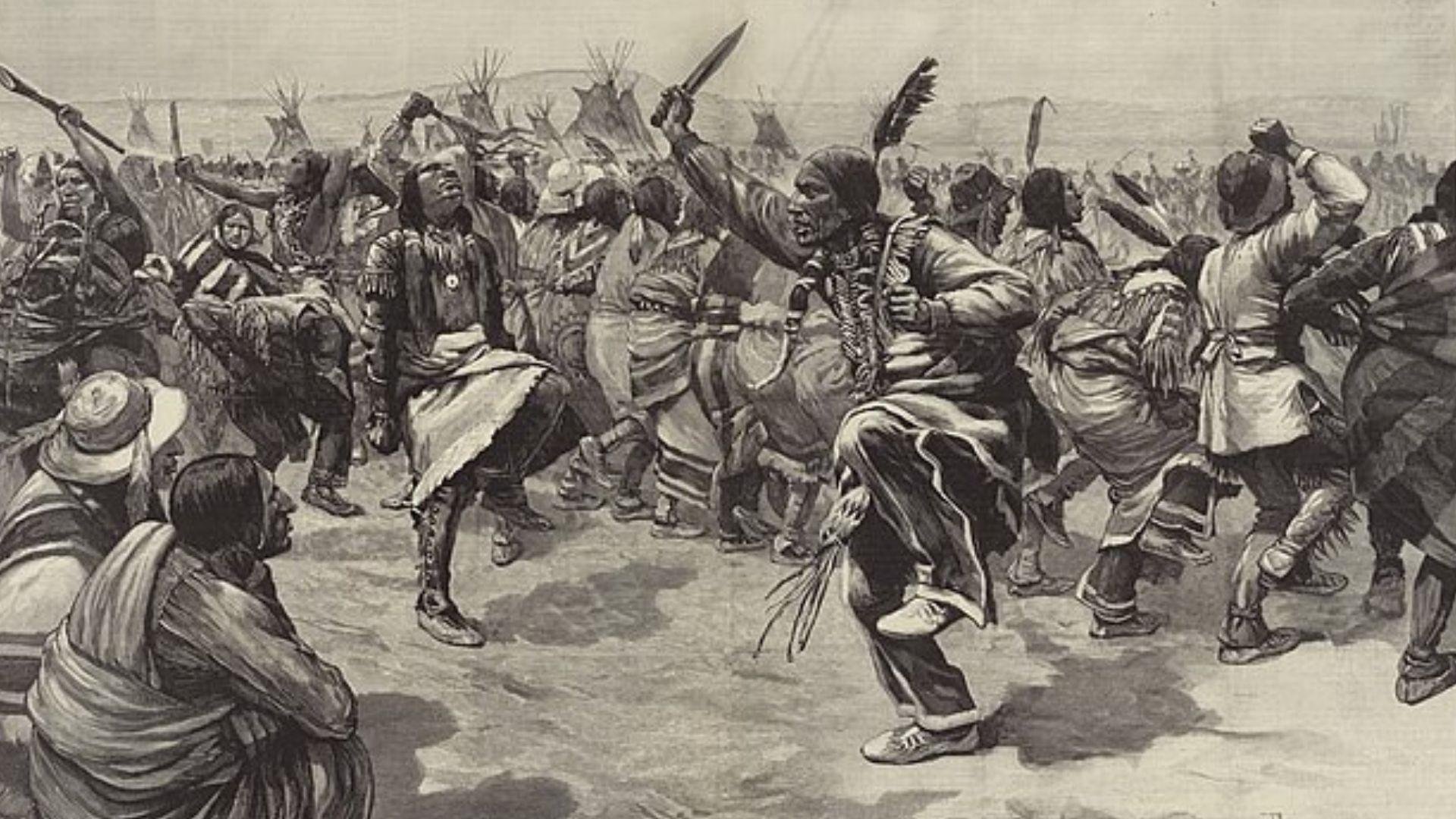
Source: Amédée Forestier/Wikimedia Commons
One Sioux tribe leader has said that while there is a problem with cartel and gangs, they were not aware of the Ghost Dancers gang and Noem bringing this up was done so as a way to create problems that were never there.
Kristi Noem Has History With Native Americans
This isn’t the first time Noem has come under fire from Native Americans. She previously wanted to bring a bill into place when she was a US Representative that would have made it easier for state officials to arrest those living on tribal lands for state crimes.

Source: Gage Skidmore/Wikimedia Commons
This bill was widely criticized by South Dakotan tribal officials, who pointed out that procedures were already in place for extradition, so there was no need for this new bill to be put into place.
Kristi Noem Has Been Banned From Tribal Lands Before
This isn’t the first time Noem has been banned from South Dakota’s tribal lands, either. It happened once before in 2019.
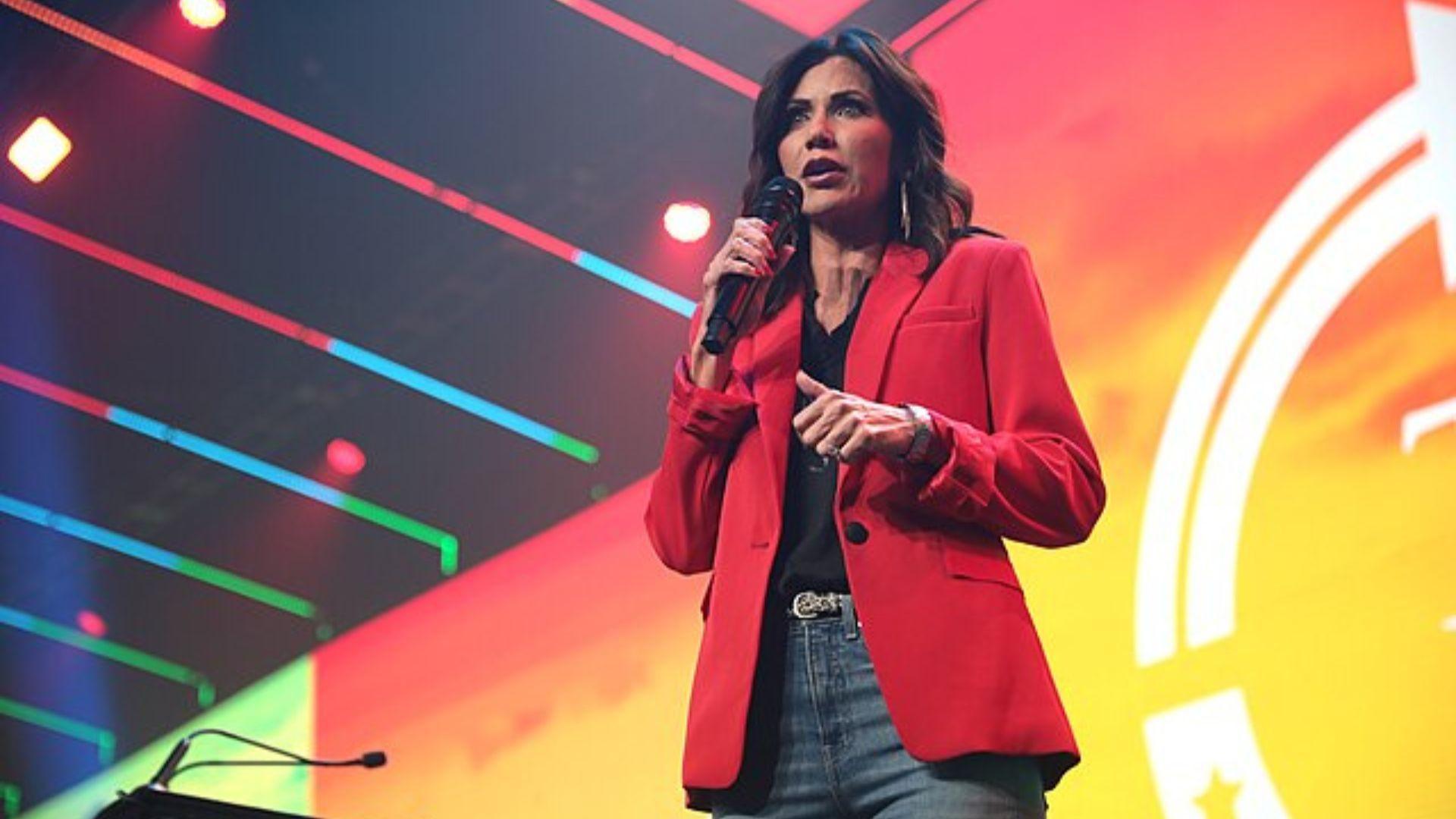
Source: Gage Skidmore/Wikimedia Commons
She had shown her support for anti-protest legislation after the 2016 Dakota Access Pipeline protests at Standing Rock, which led to the Oglala Sioux Tribe council unanimously voting to ban Noem from their reservation in 2019.
Native Americans Want to Secure Their Identity
Native Americans have been subject to centuries worth of racism, to the point of being pushed out of their homelands and forced to integrate themselves into the American way of life.
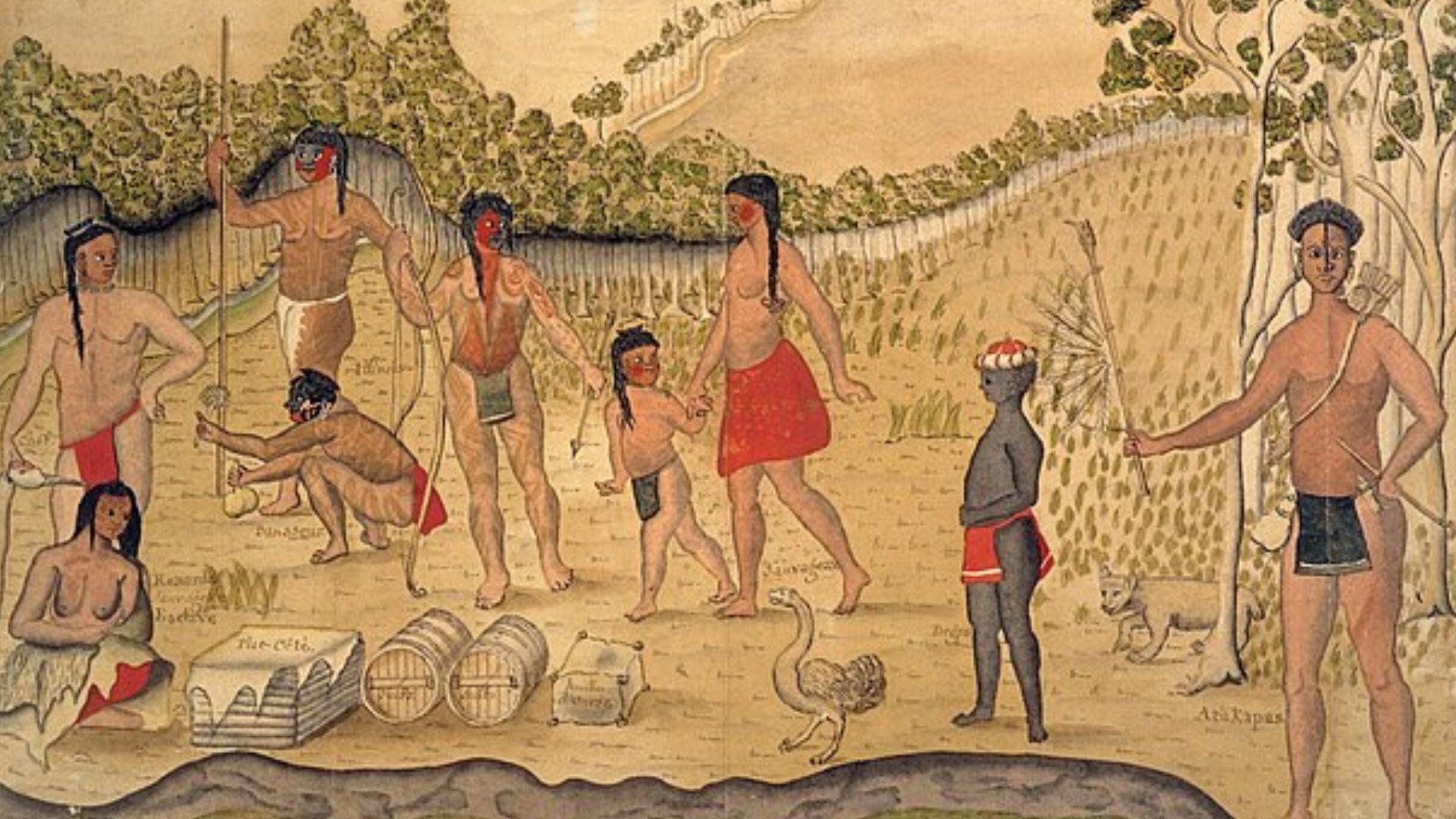
Source: Alexandre de Batz/Wikimedia Commons
Those who are currently living have suffered from generational trauma that has been passed down to them from what their ancestors went through. They are now trying to ascertain their identity, which makes attending school difficult because they do not associate what they are learning with who they are and their history.
Native Americans Want to Protect Their Values
Alongside their identity, Native Americans also want to protect their values, which is why they have banned Noem from their lands. They feel threatened by her and worry about what could happen if she were to enter their land.
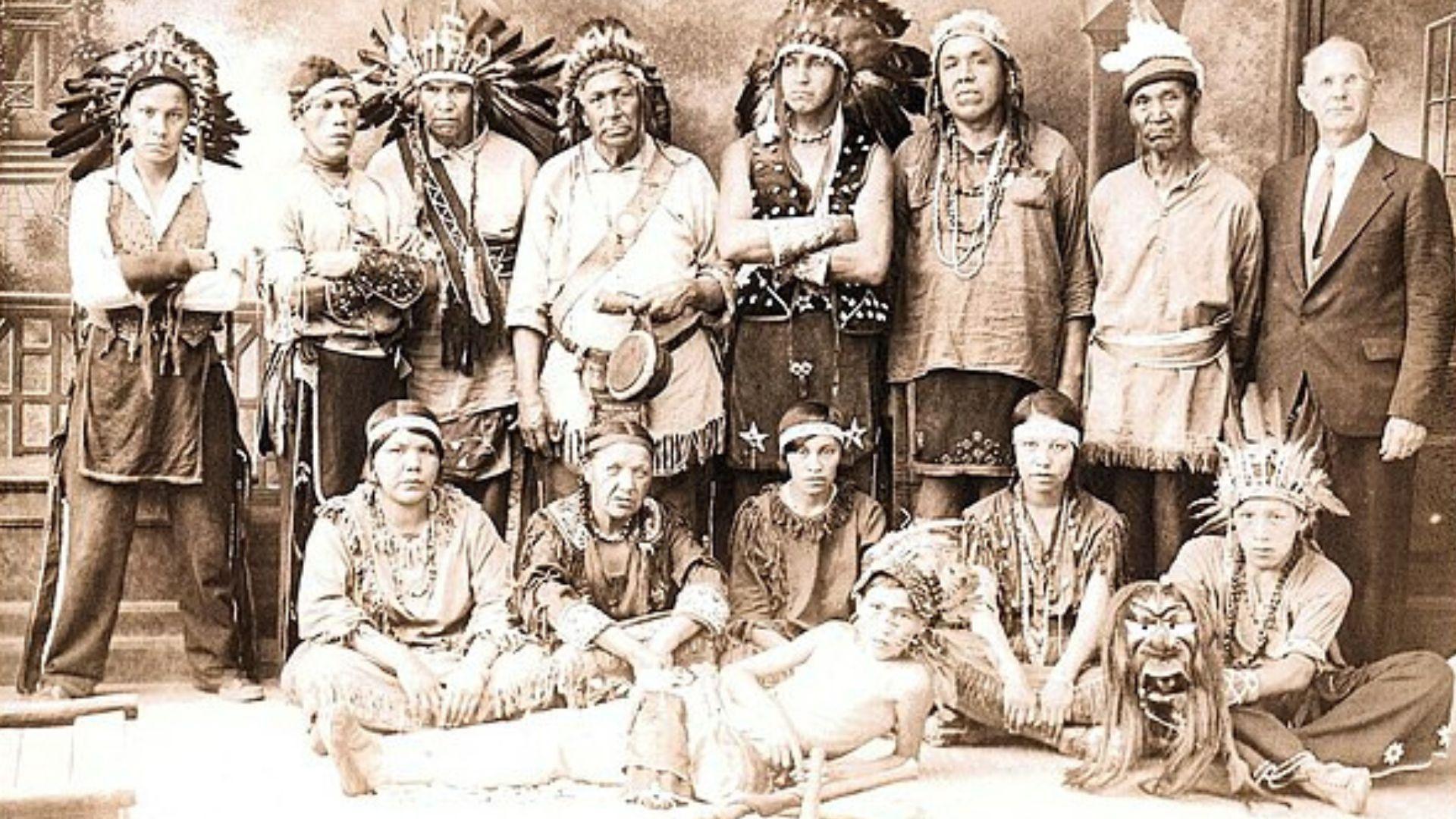
Source: Unknown Author/Wikimedia Commons
The tribes have admitted they would love to have the opportunity to properly engage with political leaders constructively, but that they have to put their values, safety, and needs first before doing so.
The Tribes Might Lift Kristi Noem’s Ban
Despite not liking her comments, the South Dakotan tribes have said they will lift Noem’s ban from their lands on one condition.
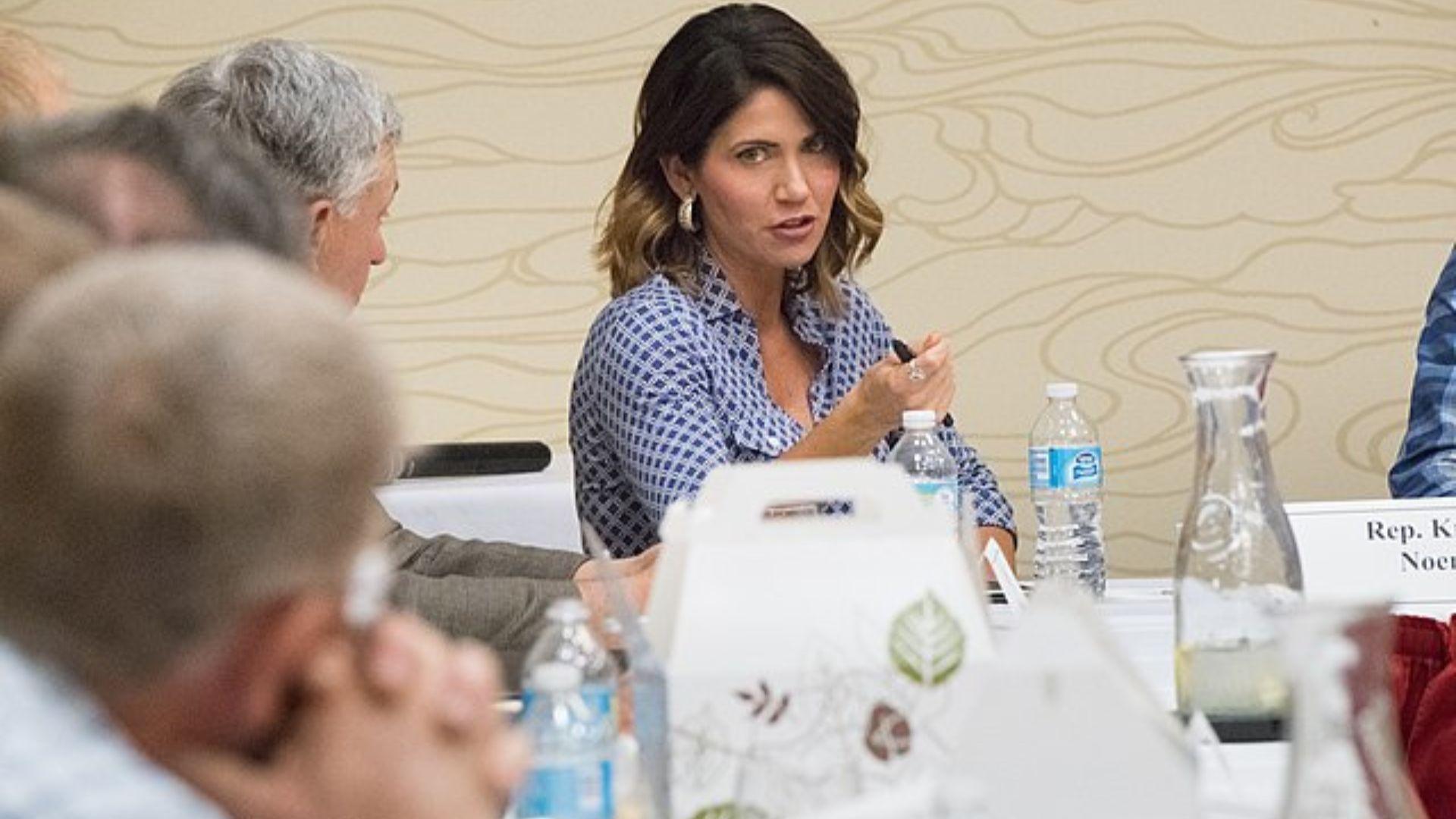
Source: Lance Cheung/Wikimedia Commons
This condition is that she needs to apologize for the comments she has made. But as Noem seems to be standing pretty strongly on her opinions, it is unlikely she will be able to enter these tribal lands anytime soon.
